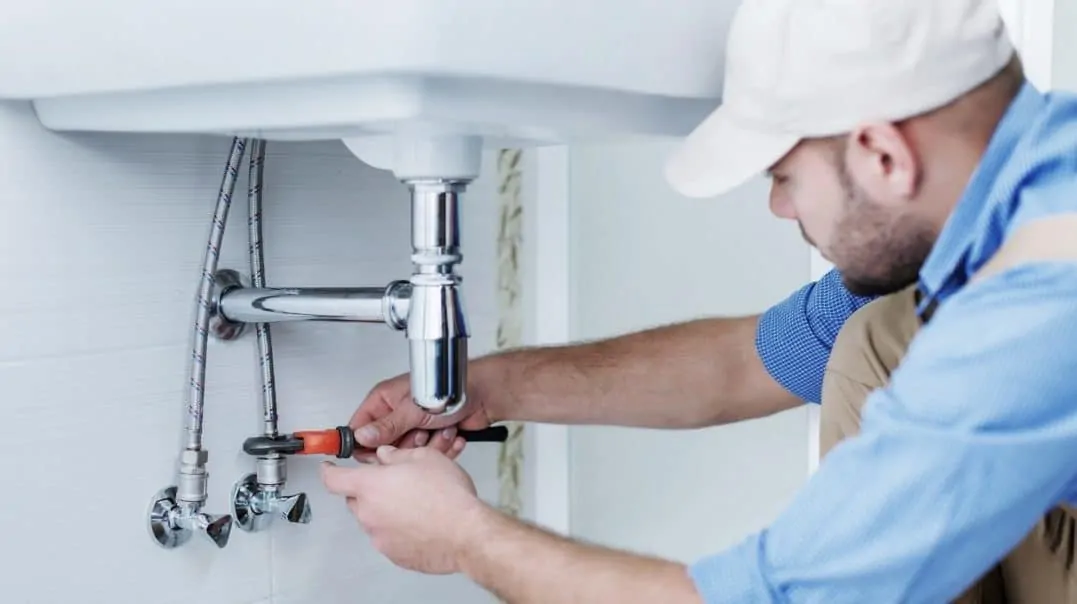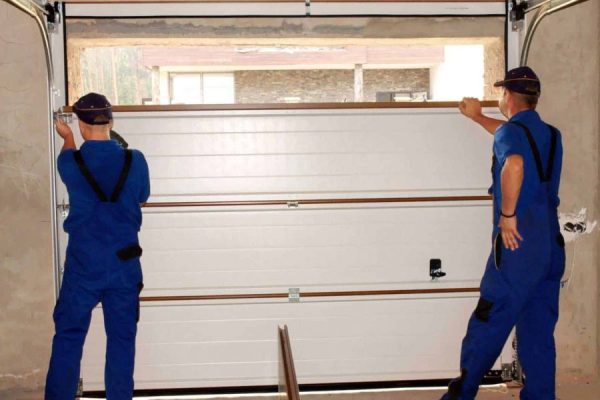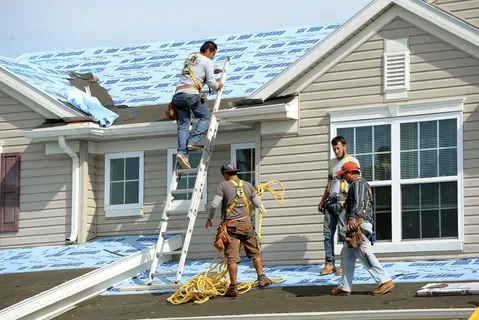Introduction:
Plumbing problems frequently occur in homes, varying from small drips to significant pipe ruptures. When faced with such challenges, homeowners often find themselves deliberating between undertaking a do-it-yourself (DIY) repair or seeking the services of a professional plumber. While DIY solutions may seem appealing due to their potential cost savings, there are crucial factors to consider before embarking on such endeavours. This article aims to provide a comprehensive analysis of the merits and drawbacks of both DIY and professional plumbing repairs, offering guidance on when it is prudent to call a plumber.
DIY Plumbing Repairs:
Undertaking DIY plumbing repairs can be attractive for individuals seeking to save money and exert control over household maintenance. With abundant online tutorials and guides, many homeowners confidently tackle common plumbing issues independently.
Self-repair options frequently provide temporary solutions for minor issues, such as fixing leaky faucets or clearing clogged drains.
Nevertheless, it’s crucial to acknowledge the constraints of do-it-yourself fixes. Inexperienced individuals may inadvertently exacerbate the problem, leading to costly repairs. Furthermore, DIY efforts may lack the precision and expertise to address underlying issues effectively, potentially resulting in recurring plumbing problems.
Engaging Professional Plumbers:
Engaging the services of a professional plumber for plumbing repairs provides several benefits that surpass the appeal of DIY fixes. Licensed plumbers possess the expertise, training, and specialized equipment to diagnose and address plumbing issues precisely and efficiently. Whether it involves repairing complex pipe configurations, detecting hidden leaks, or installing new fixtures, professional plumbers bring a level of proficiency that DIY enthusiasts may struggle to match.
Moreover, professional plumbers adhere to industry standards and regulations, ensuring that repairs are conducted safely and in compliance with local codes. This provides the durability of the repair and reassures homeowners, knowing that capable professionals are handling their plumbing system.
When to Call a Plumber:
While DIY solutions can suffice for minor plumbing issues, certain situations warrant the involvement of a professional plumber. It is recommended to obtain professional help in the following conditions:
Major Pipe Leaks:
Prompt intervention by a plumber is necessary to address significant leaks or bursts in the plumbing system and avert water damage and structural problems.
Issues with Sewer Lines:
Issues with the sewer line, such as blockages or leaks, necessitate the expertise of a professional plumber equipped with specialized tools for diagnosis and repair.
Installation of New Fixtures:
When installing new plumbing fixtures or appliances like water heaters or dishwashers, hiring a plumber is wise to guarantee correct installation and operational efficiency.
Complex Plumbing Systems:
Homes with intricate plumbing configurations, such as multi-story buildings or properties with intricate piping layouts, often require the intervention of a plumbing expert. These professionals possess the knowledge and experience to navigate complex systems, diagnose issues accurately, and implement effective solutions, ensuring optimal functionality and minimizing the risk of future complications.
Drain Unclogging Challenges:
While minor drain unclogging can often be remedied with DIY methods, such as using a plunger or chemical drain cleaners, persistent or recurring clogs may indicate deeper issues within the plumbing system. Professional plumbers employ advanced techniques such as hydro-jetting or mechanical snaking to thoroughly clear blockages and address underlying causes, restoring proper drainage and preventing potential sewer backups.
Water Pressure Irregularities:
Fluctuations in water pressure throughout the household can indicate underlying plumbing problems, such as pipe obstructions or leaks. Attempting to diagnose and rectify topics such without proper expertise can result in incomplete repairs or unintended damage to the plumbing infrastructure. Professional plumbers utilize specialized equipment to assess water pressure variations accurately and implement targeted solutions to restore consistent water flow.
Gas Line Repairs:
Issues related to gas lines pose significant safety risks and require the attention of a licensed professional plumber. Whether it involves repairing leaks, installing new gas appliances, or conducting routine maintenance checks, experienced plumbers are equipped to handle gas line repairs safely and comply with stringent safety regulations, safeguarding property and occupants from potential hazards.
Conclusion:
In navigating the choice between DIY and professional emergency plumbing repairs, homeowners must consider the issue’s complexity, skill level, and potential risks. While DIY solutions may suffice for minor maintenance, engaging the services of a professional plumber offers numerous advantages, including expertise, safety assurance, and compliance with industry standards. By prioritizing the effectiveness and safety of plumbing repairs, homeowners can ensure the integrity of their plumbing system and mitigate the risk of costly damage or recurring issues. Ultimately, making informed decisions based on the nature of the plumbing problem is essential in maintaining the functionality and longevity of the household’s plumbing infrastructure.





